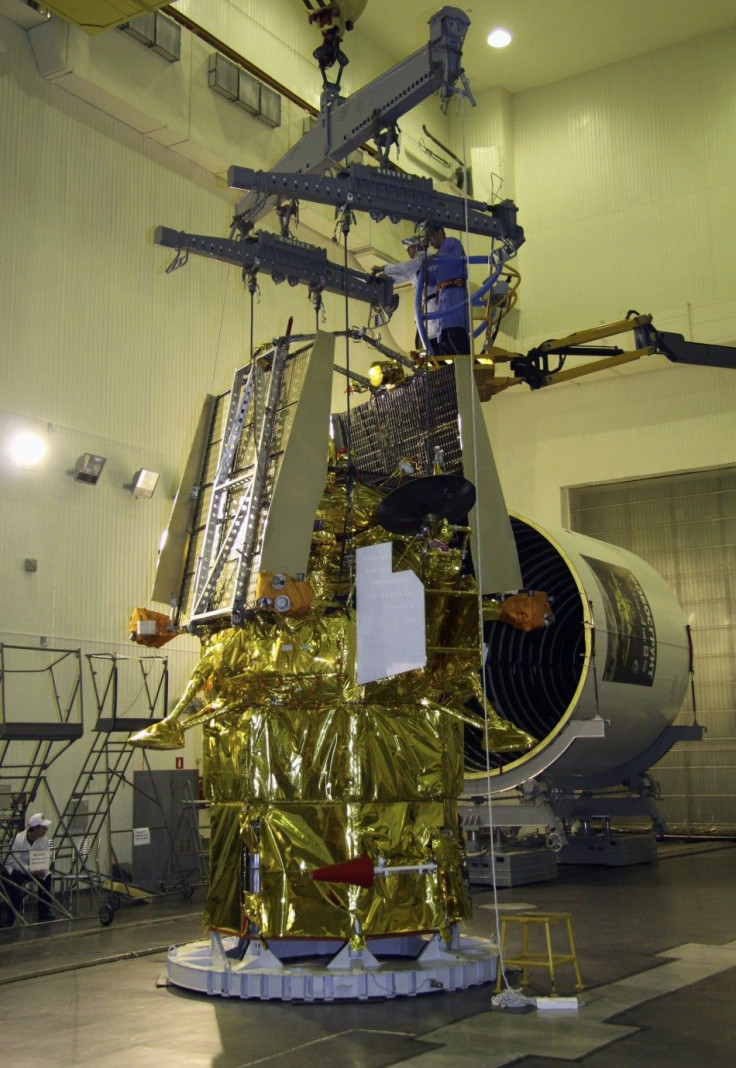Contact Restored with Russia’s Lost Mars Moon Mission

Scientists have picked up a signal from Russia's Phobos-Grunt spacecraft, the European Space Agency said Wednesday. The craft was launched earlier this month, but scientists soon lost contact with it.
The ESA reported that its tracking station in Perth, Australia, established contact with Phobos-Grunt on Tuesday at 20.25 UT.
The Phobos-Grunt, also called the Phobos-Soil spacecraft, was constructed to retrieve the first-ever soil samples from the surface of Phobos, one of the moons of Mars. The $163 million probe blasted off from its launch pad at the Baikonur Cosmodrome in Kazakhstan, starting Russia's first interplanetary mission in more than two decades.
Russia had hoped to end its long absence from deep space, dating back to an unsuccessful Mars mission in 1996, with the launch of Phobos-Grunt spacecraft. But the loss of contact after takeoff put the country in a state of uncertainty.
According to NASA, Phobos is slowly being dragged towards Mars and, within 100 million years, approximately, it will likely be shattered by the stress emanating from the relentless tidal forces and the resulting debris will form a decaying ring around the planet.
The Phobos-Grunt is on an ambitious three-year mission to bring back soil samples from Phobos for further study. The spacecraft is scheduled to reach Mars orbit in 2012, land on Phobos in March 2013 and return to Earth in 2014.
ESA said that the space agency's teams were working closely with engineers in Russia to determine how best to maintain communication with the spacecraft.
© Copyright IBTimes 2024. All rights reserved.





















